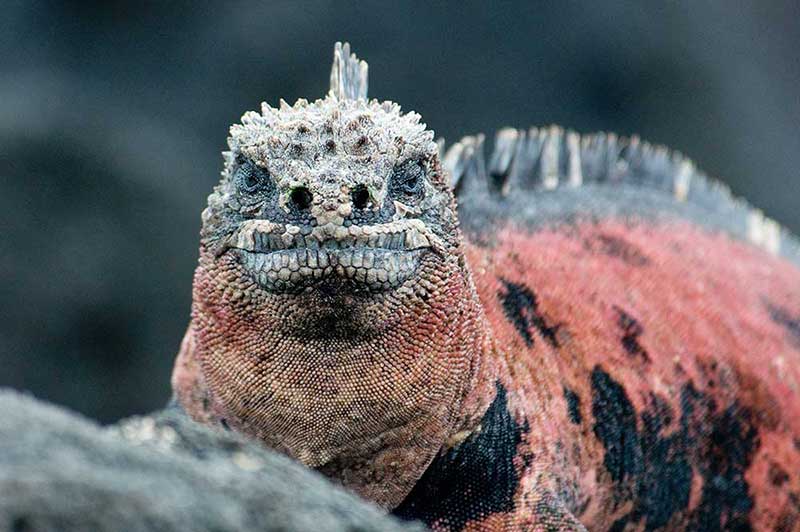How Coral Reefs Are Formed (Spanish)
Cómo se Forman los Arrecifes de Coral
Previsualice el video haciendo clic en la flecha “play”
Explora el mundo submarino de los arrecifes de coral. Aquí, en la primera parte, descubriremos cómo se forman los arrecifes de coral a lo largo del tiempo. Los alumnos podrán ver cómo un minúsculo pólipo de coral puede crear estructuras lo suficientemente grandes como para que se vean desde el espacio. También empezarán a apreciar la diversidad de vida que existe en los arrecifes de coral de todo el mundo.
Duración del video: 14:25 minutos.
Learning Resources with this Video*
Quiz
Coral Reef WHO Organizer
Coral Reef Jeopardy
A Coral Creation
Coral Reef Match the Description Vocabulary Sheet
Captured on a Coral Reef – Writing Prompt
Draw a Coral Landscape
Universal Resources
National Standards
*Links are active on Full Video page.














Classroom Ideas
How Coral Reefs Are Formed

Cloze Practice
A cloze piece has full sentences used in the virtual field trip with blanks where students can write in the information that is missing. This task requires close listening to the trip in order to complete it.
Example: Coral reefs are the _______ type of ecosystem in the world. They’ve been around for over _____ million years.
Answers: oldest; 240
Alternatively, you could have students create 5-10 cloze statements and they could share those with the class.
A third alternative is to distribute the cloze worksheets before watching the video. Students can fill them in as they watch.

Explore Vocabulary
Identify key vocabulary terms while previewing each video. Prompt students to find the meaning of each word as they watch the video. Example: What does the word polyp mean? Think about the meaning of each word as you watch this video about How Coral Reefs Are Formed.

Diorama
Create a diorama of the Rainforest.
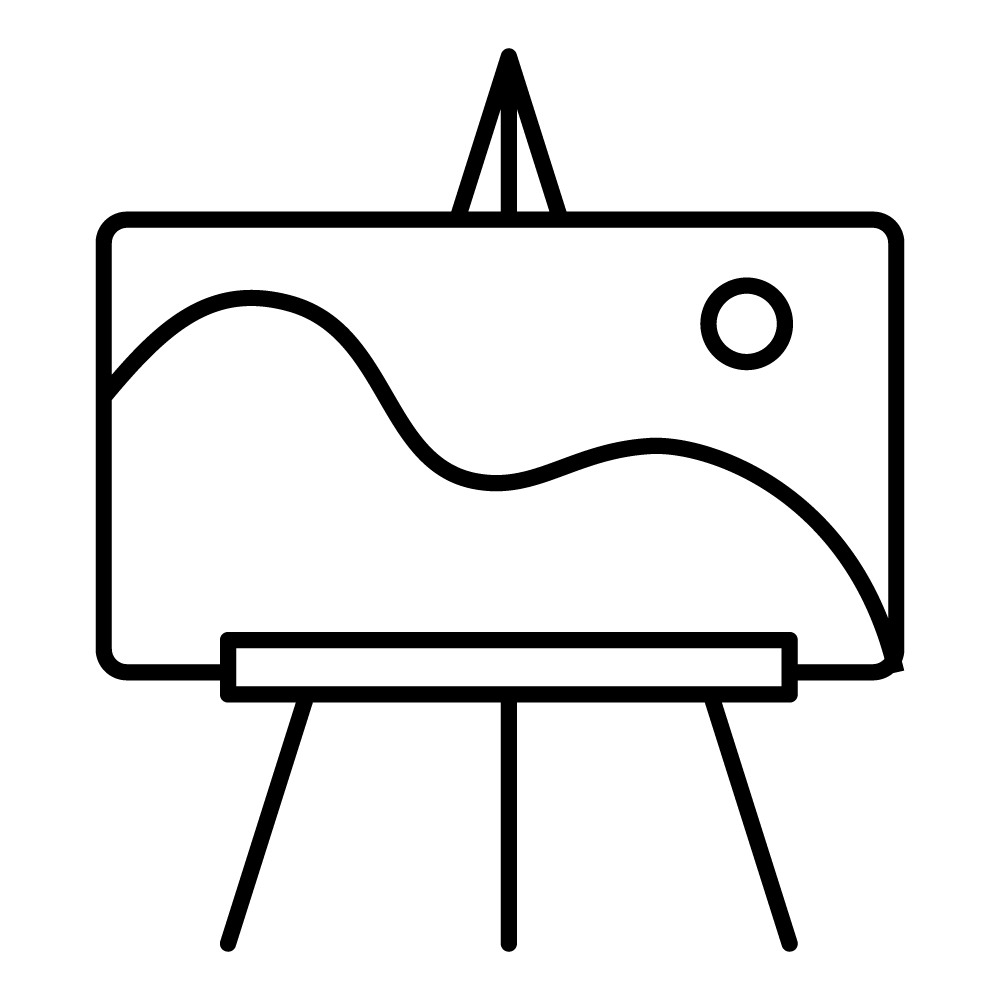
Art and Writing
Draw a picture of a coral in its environment.
Then, write a paragraph about the coral/sponge you chose and the environment it is in.

Art
Use Playdoh or clay to create a hard coral, soft coral, sponge, or an anemone.

Coral List
List as many of the many different types of corals and sponges as you can remember, and draw a picture of the one you like the most.

Create Quizzes
Students create a quiz based on the information presented for their peers. This can be used as a review for a test, or jigsaw class activity where students are responsible for teaching other students assigned topics
Example: using Kahoot, EdPuzzle, Google Forms

WHO Organizer
As students watch the video, have them complete an organizer that asks them to find:
Wow! One surprising fact/idea.
Huh? One question they have that the field trip didn’t answer.
Observation: One observation they had about the information contained on the field trip.
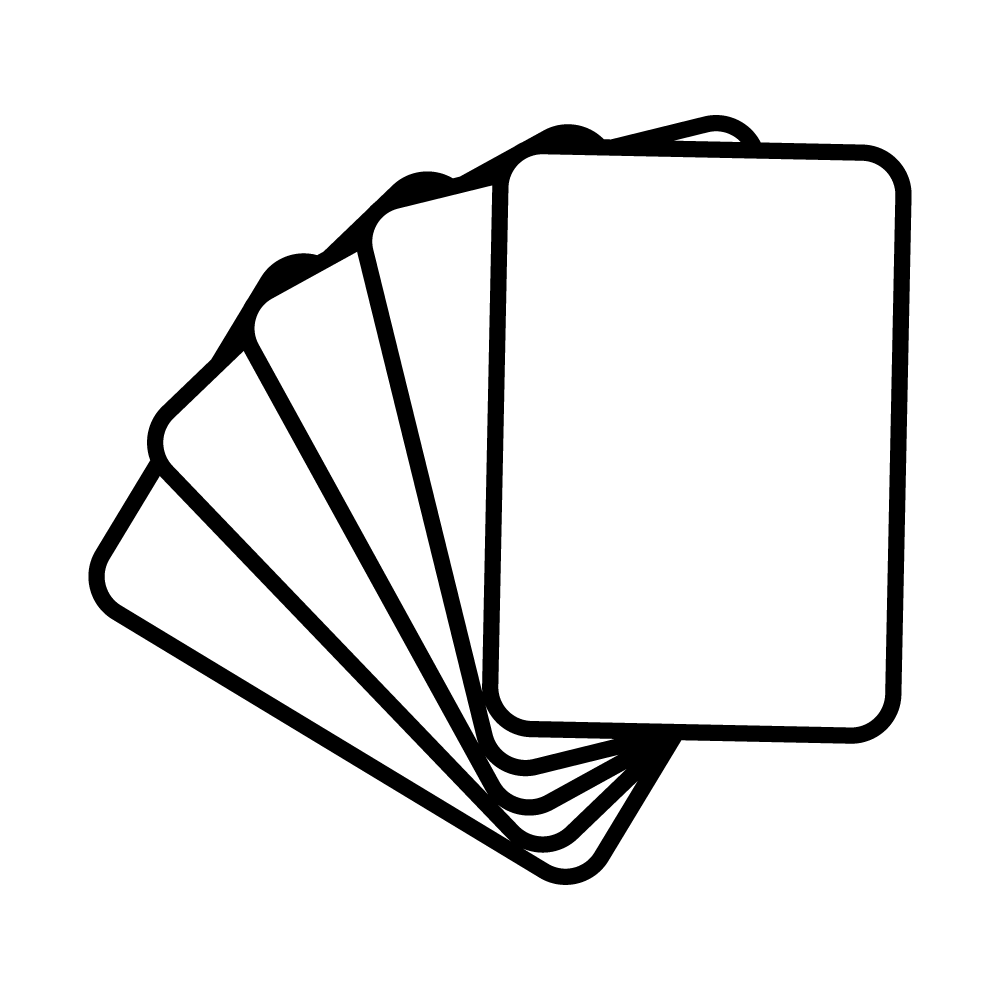
Flashcards
Have students research and print out different types of coral and sponges. Create flashcards with the images and have students quiz each other to classify them as hard corals, soft corals, or sponges.
To make the quiz a bit more difficult, have students challenge each other to name the actual coral or sponge.
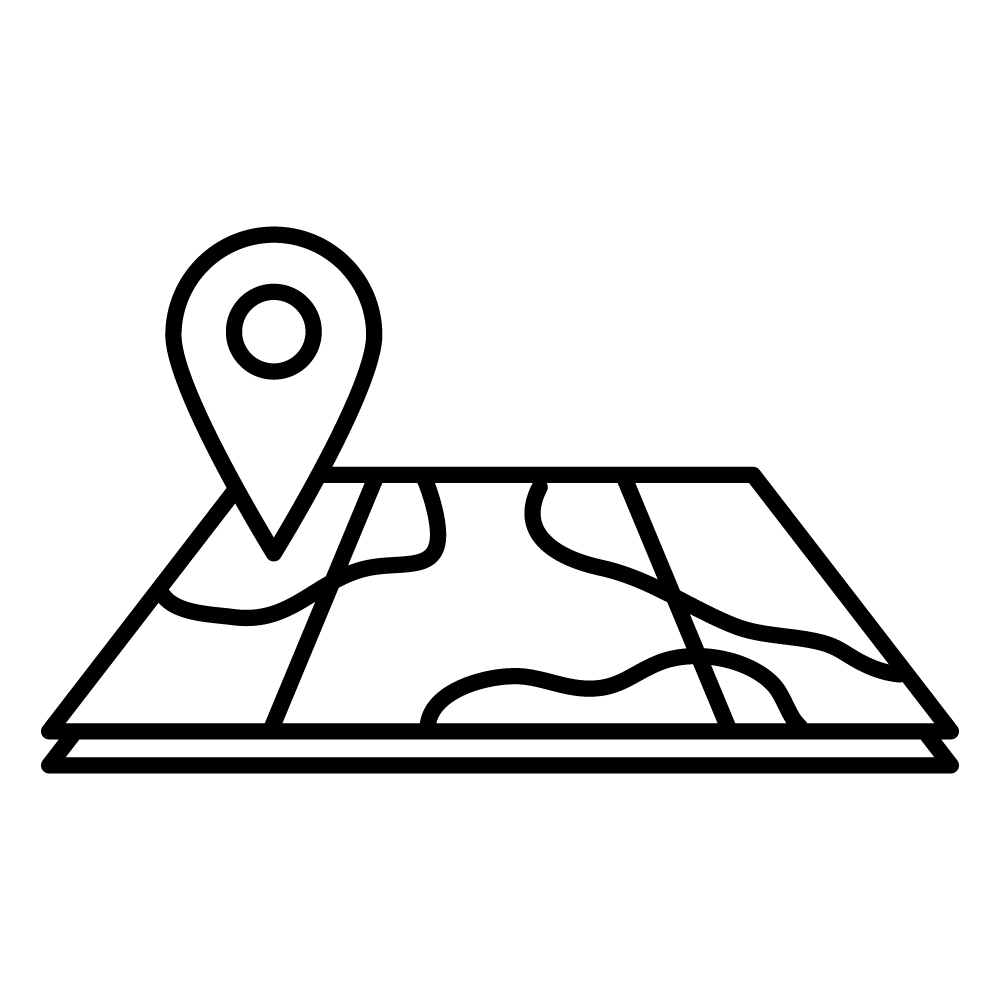
Mapping
Have students print out a map of the world and identify coral reefs around the world.
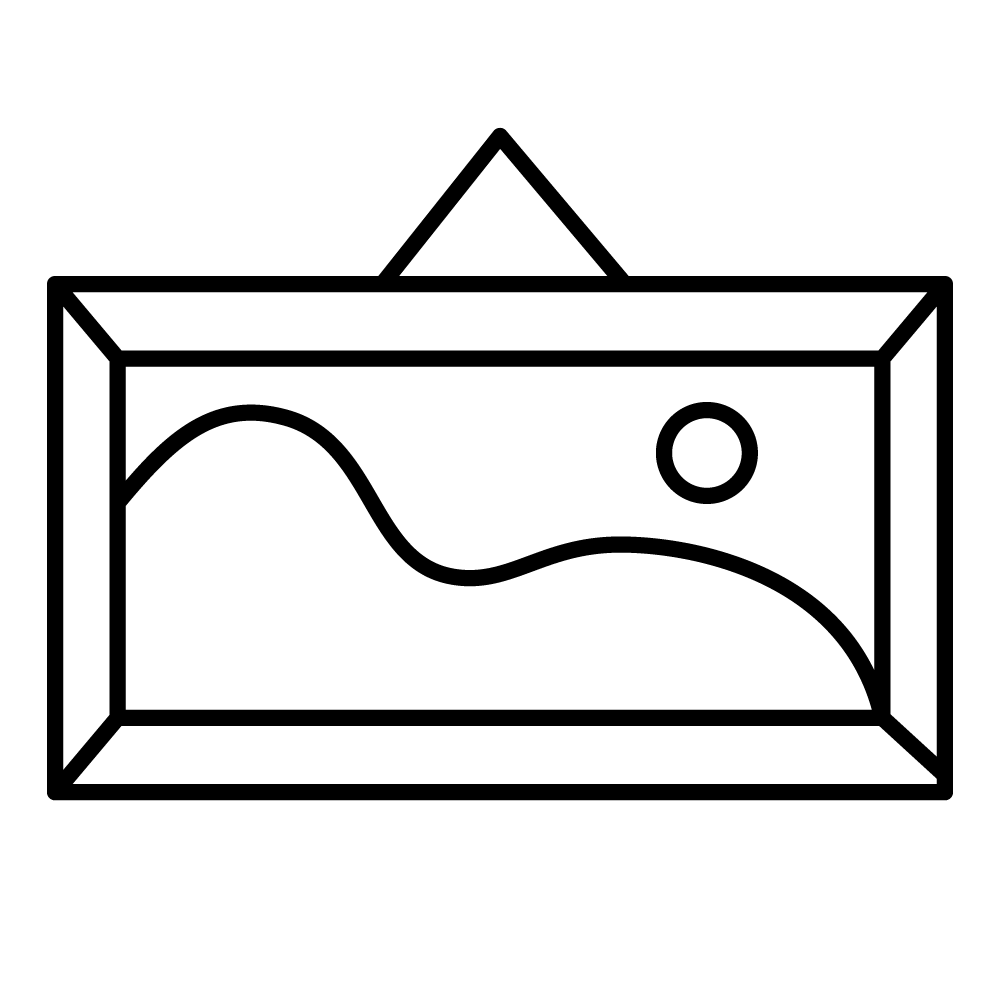
Art
Draw a coralscape from the video you just watched

Writing
Ask students to write about their favorite type of coral, sponge, anemone, etc. on a coral reef. Ask them to describe it, and explain why it’s their favorite.
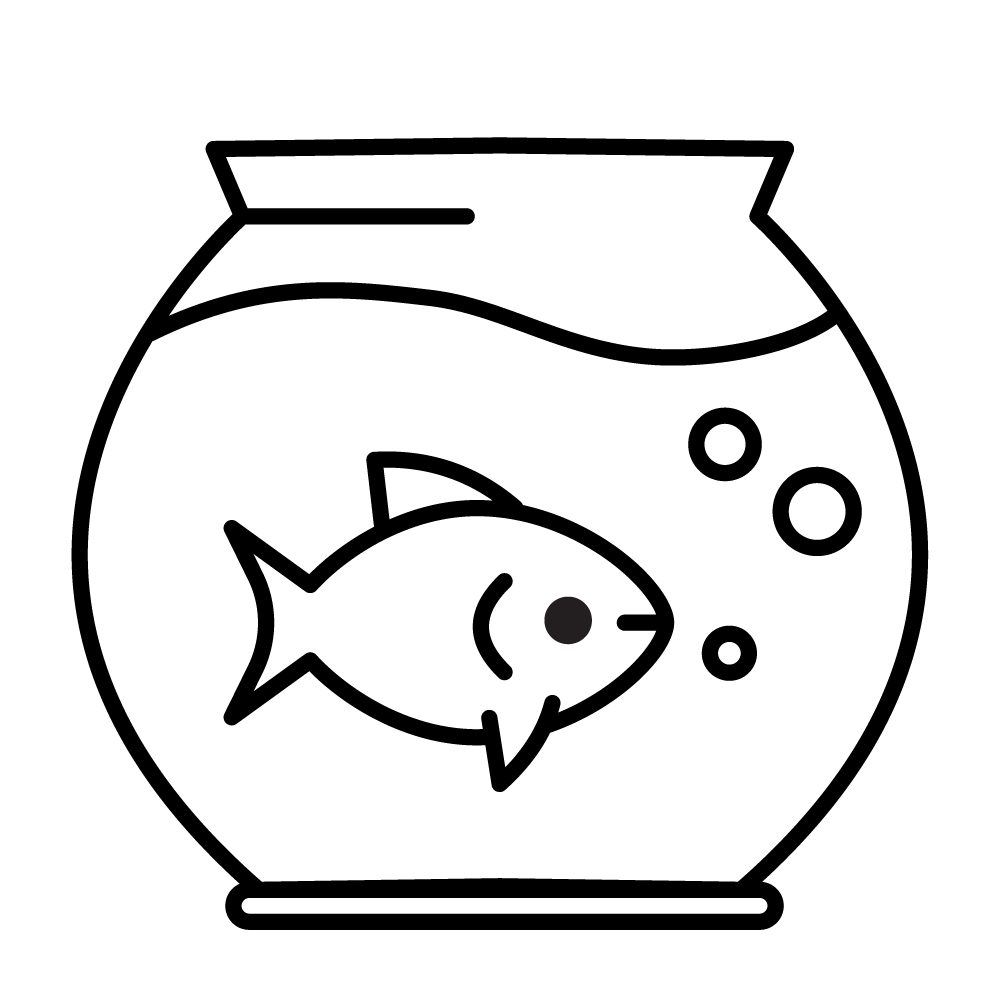
Exploring Biomes and Ecosystems
Ask students to examine the ecosystem in which they live. Do a brainstorming session in which the class comes up with all the elements of their ecosystem, and how all the elements interact. Once this is done, introduce the Coral Reef ecosystem.
Classroom Ideas for ALL Videos
Here are dozens and dozens of ideas that you can use in your classroom along with our videos!
Temas Abarcados
Datos curiosos sobre los arrecifes de coral
Los arrecifes de coral como ecosistema
Estructura de los pólipos de coral
Necesidades de alimentación y supervivencia de los pólipos de coral
Corales duros/blandos: definición
Ejemplos de corales duros y blandos
Anémonas
Arrecifes periféricos, arrecifes de barrera, atolones
Videos in this Series
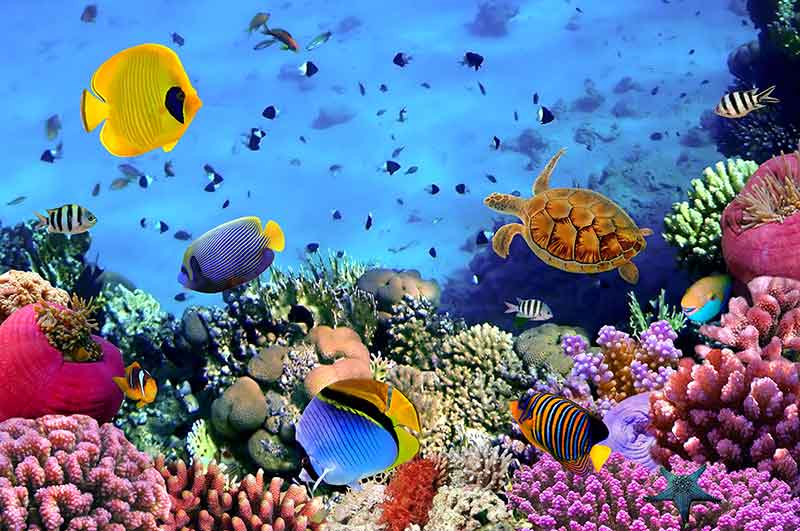
Who Lives On a Coral Reef?
Related Videos
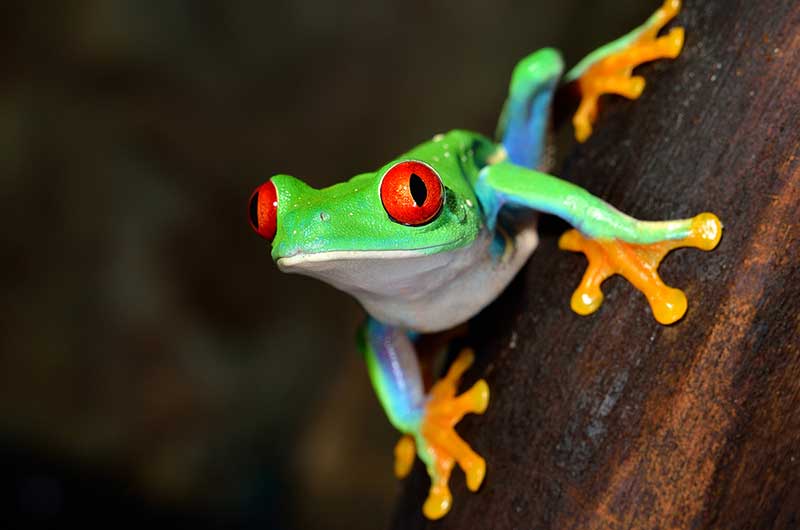
Amazon Rainforest (Grades 2-6)
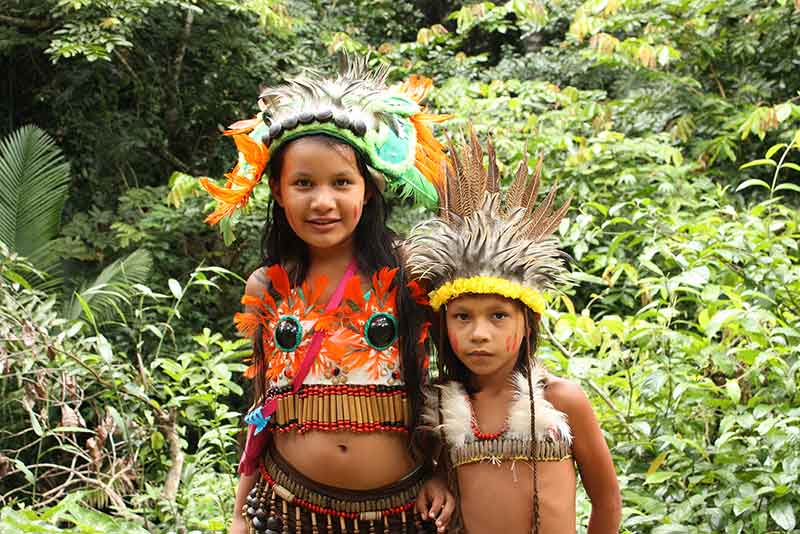
Amazon Rainforest: People & Threats (Grades 2-6)
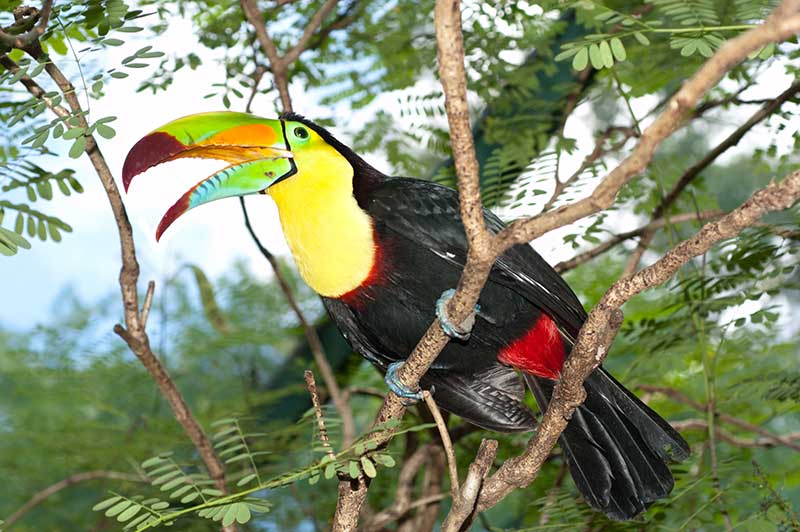
Amazon Rainforest (Grades 5-9)
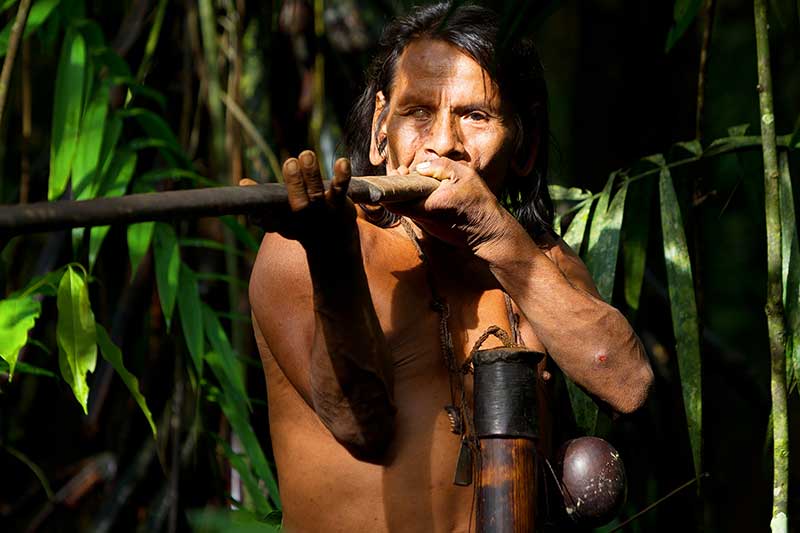
Amazon Rainforest: People & Threats (Grades 5-9)
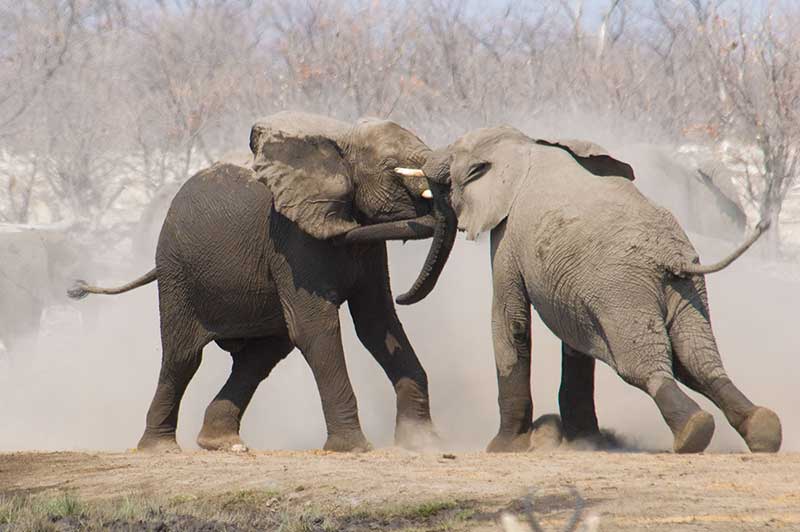
African Safari
